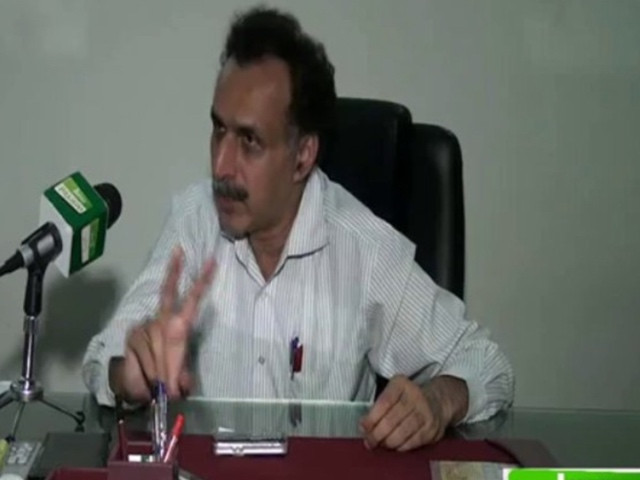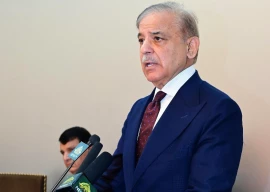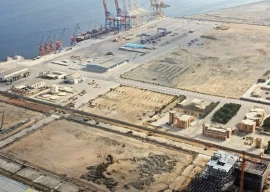
The Federal Additional Secretary of Industries and Production, Asad Islam Mahni, has stated that, according to a conservative estimate, the total size of Pakistan’s informal economy is projected to be around $457 billion.
The size of the country’s formal economy, as per official statistics, was $340 billion in 2023. This translates into almost 64% less than the size of the informal economy of Pakistan.
This study was revealed in a consultative workshop held on Thursday to lay down the national action plan for the formalisation of Small and Medium Enterprises (SMEs). The study has been jointly organised by the Small and Medium Enterprises Development Authority (SMEDA) and the International Labour Organisation (ILO), titled ‘Mapping of Barriers and Opportunities to Reduce the Informality of Enterprises in Pakistan’.
In his address, Mahni said that around 72.5% of the labour force, outside agriculture, is employed by the informal sector, also covering a market share of over 40% in the GDP. He stated that the Ministry of Industries & Production is in the process of developing a National Industrial Policy. “The Policy will provide a comprehensive roadmap of re-industrialisation in Pakistan, considering the regulatory and taxation regimes, as well as incentivising investments in key sectors of the economy.”
“Our focus is also on integrating SMEs into local, regional, and global value chains,” he added.
Speaking at the occasion, SMEDA, CEO, Socrat Aman Rana, while highlighting the significance of SMEs, said that there are an estimated 5.24 million SMEs driving our economic engine. Exports of the sector are estimated at 30%. In terms of employment, 70% of the non-agricultural labour force is associated with the sector. The majority of SMEs, around 53%, operate in wholesale and retail trade, hotels, and restaurants, followed by community, social, and personal services at 22%, and manufacturing at 20%, he said, adding that the study on barriers to formalisation of enterprises and consultative workshop to develop National Action Plan for SME formalisation, is a crucial first step towards recognising that informality exists in our economy and that supporting SME formalisation can have a significant impact on our key development indicators.
He explained that despite being the 43rd largest economy globally in terms of GDP, a significant portion of Pakistan’s economy remains undocumented, resulting in a low tax contribution, with the Tax-to-GDP ratio never exceeding 13%, clocking in at 10.2%, only better than Lao PDR, according to a recent Organisation for Economic Co-operation and Development (OECD) commissioned study on the Asia & Pacific Region.
Rana further stated that SMEDA, over the years, has been tirelessly engaged in supporting the growth of SMEs in Pakistan. Its services, ranging from over-the-counter business tools and resources, such as pre-feasibility studies, business guides, templates, its physical footprint through common facility centres established in key SME clusters and research and advocacy with policymakers, continue to gather strength.
The SMEDA CEO termed this study a call to action, as it provides a basis to design a comprehensive programme for supporting the transition of informal enterprises towards formality.
Published in The Express Tribune, May 17th, 2024.
Like Business on Facebook, follow @TribuneBiz on Twitter to stay informed and join in the conversation.






1719053250-0/BeFunky-collage-(5)1719053250-0-270x192.webp)















COMMENTS
Comments are moderated and generally will be posted if they are on-topic and not abusive.
For more information, please see our Comments FAQ